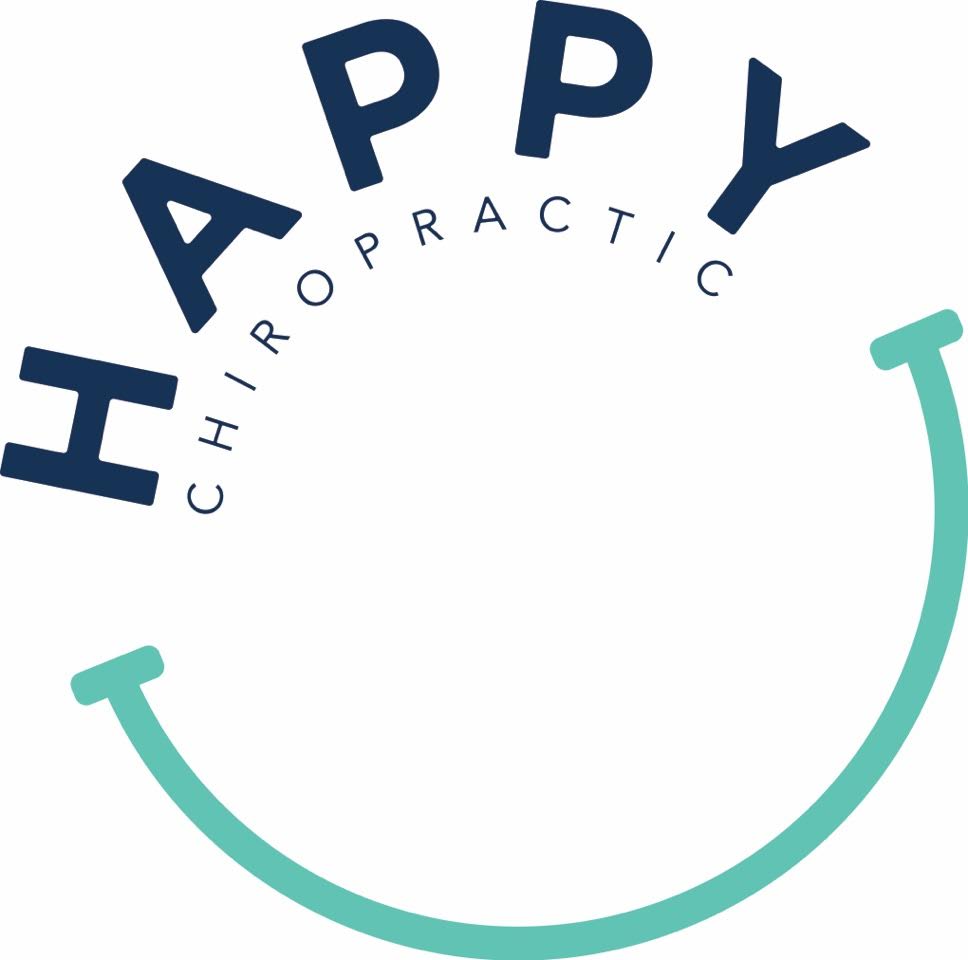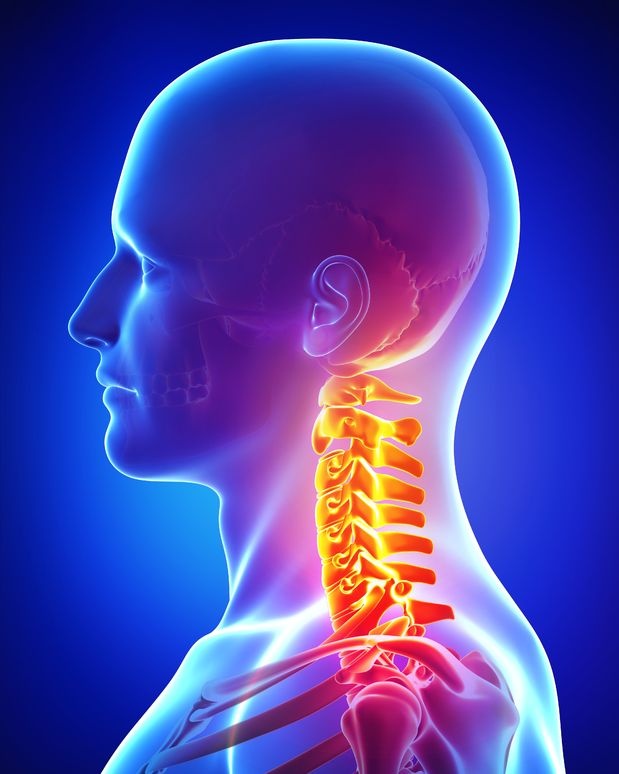
20 Sep Learning to listen to your body
One of the most important ways for you to become a healthy person is to learn to listen closely to what your body tells you, to recognise what it needs and desires in order to feel fit and comfortable. When you listen long and hard enough to your body, you will begin to differentiate sensations and feelings.
Can you feel any tension in your neck? Are your knees locked or at ease? Can you feel all 10 toes on the ground? Is your breath long and smooth or short and fast?
Reality is, most of us are focused on our external environment most of the time. We use our minds so much to accomplish and discriminate that we often lose awareness of the body our mind inhabits. Some of us even seem to have become disconnected to our bodies for various reasons, such as harsh judgments about our physical condition, aches and pains, chronic disease, abuse or simple neglect.
Regardless of your particular circumstances, you know you inhabit a body. However, can you feel your body right now? Can you compassionately observe your own body without judgment, simply being aware and present to what is going on right now? Here are a few tips on how to get started.
Build body awareness
You can begin right now by observing your body by feeling your breath coming in through your nose and flowing down into your lungs. Allow your awareness to stay focused in your chest area, appreciating your capacity to breathe without even thinking about it. Your mind may wander off. If it does, simply bring it back to feeling the breath with patience and no harsh judgment about yourself.
You can also practice awareness of your body while walking, golfing or riding a bike. In fact, in most waking activities you can become actively aware. Allow your mind to focus on the feelings and sensations you are experiencing in your body. Notice how often your attention gets pulled away from your body by thoughts of the past or the future. This is normal, so be patient and bring your focus back to your body. Over time, the practice of continual partial awareness of your body will become easier and second nature. However, until it does, I don’t recommend trying this practice while driving a vehicle.
If you attend a yoga class, choose to be present, feeling the posture from the inside out. What sensations do you feel? What muscles are tightened? Which are stretching? Are you trying to place your body in a perfect form or are you allowing your body to feel its way naturally into the posture with the guidance of an expert teacher? You should strive to feel the optimum place for your body to experience the strengthening, stretching or balance of the posture.
Benefits of awareness
Once you have become proficient at being more “in” your body during the day, what benefits can you expect from your practice? Here are just a few:
Awareness of stress. You will feel the signs of stress in your body when they begin, such as shortness of breath, muscle tightening, butterflies in your stomach, clenched jaw and more. Feeling these sensations in your body will allow you the choice to do relaxation techniques when you need it rather than developing unconscious chronic, stress patterns.
Notice posture. Through awareness, you can begin to notice conditioned patterns of holding or moving your body, such as leaning your upper body forward, crossing one leg over the other, standing with weight unevenly distributed and more. Noticing these patterns will help you begin to change the patterns and allow for healthier choices that can lead to better low back health and deeper more effective breathing patterns. Both can increase energy and alertness.
Chronic weak spots. Let’s say you have a weak low back. Bringing awareness to that area of your body will enable you to be more in tune with sensations in your low back. You will notice when the low back begins to feel weak and take the appropriate action before it becomes painful.
Proprioception. This is the ability to sense the position, location and movement of your body through the nervous system and balance regulation of the inner ear. Bodily awareness of where you are “in space” can help you avoid accidental falls or injury and can improve sports performance.
Awareness of symptoms. You might feel symptoms of illness more quickly if you deepen awareness of your bodily sensations. For example, you might feel a slight sore throat and deal with this quickly rather than coming down with a full-blown cold. Alternatively certain postures which are damaging might become more painful which is actually useful as the pain will motivate you to find a more correct posture. (Aaah…..pain actually does serve a purpose)






Sorry, the comment form is closed at this time.